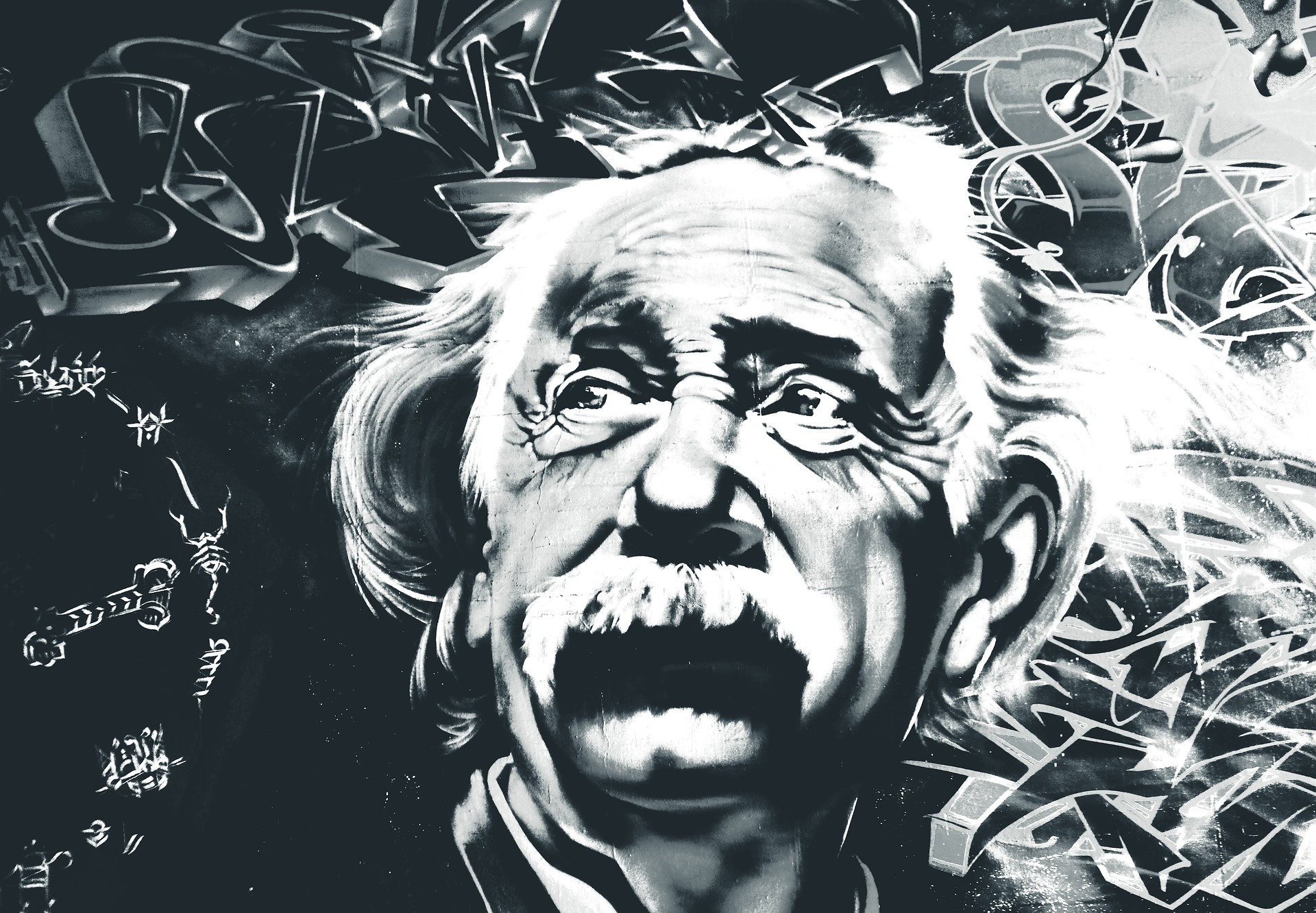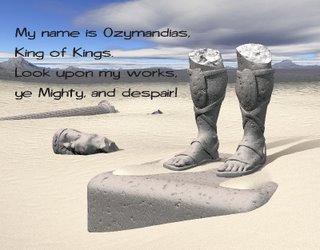Critical Analysis of The Human Touch
Twentieth century criticism has taught us to value poems for their complexity. If we were to follow this kind of critical apparatus, ‘The Human Touch’ would not be valued very highly. However, simplicity is often the best way to gain the regard of one’s readers. There is no doubt that Free has also chosen to follow this route here. His verse is simple and easy to follow, but its message is profound. Written in the aftermath of the First World War, this poem preaches love for humanity, and the importance of brotherhood. When the world was torn apart in this war, many men were left without homes, and in need of basic supplies, such as food and water. Man had seen more hatred for one another than ever before, and more destruction than they could imagine. At a time like this, Free’s poem teaches us to look out for one another. It teaches us to love our fellowmen irrespective of race, gender, class or creed. This would be an important lesson to learn in the years to come, as Free would also live to see the Second World War. As his biography tells us, he tried very hard to enlist foor the army and go abroad in both world wars. However, his efforts came to no use, and he had to remain in the United States. So perhaps he did his part for the wars not with a gun or a sword, but with a pen. He did not fight; he wrote. He aimed to influence public opinion, and to give his readers hope.
Poetic Devices
Rhyme scheme:
If we divide ‘The Human Touch’ into two parts, consisting of six lines each, then the rhyme scheme can be figured out quite easily. Each six-line segment has the following simple rhyme scheme – ABCDEC.
Rhetorical devices:
Synecdoche: This rhetorical device is used in many ways to represent one thing with the help of an entirely different one. In this case, Spencer Michael Free uses the device of synecdoche to use a part to represent the whole; he uses the word “heart” to represent “man” in the fifth line. It is not just a single body part that has lost its strength and vitality, but the entire body of the man and his mind as well. That is why it is not only the physician whose touch can fix him, but that of any friend who is willing to help.
Central Idea of the Poem
In ‘The Human Touch’, Spencer Michael Free tells us that we often value the wrong things in life. It is not for nothing that there is a popular adage which says that the best things in life are free. We think that having a roof over our heads, and having food to fill our stomachs are the most important things in life. But these things come at a price. What comes for free is human companionship. It takes no money or any sacrifice to make a friend. Just a smile or a kind word can do the trick. Friends are more important than shelter, bread, or wine. Shelter or food are temporary. But human companionship is permanent, because friends are always there for each other. This is what Free wants us to know and learn.
Themes of the Poem
Universal brotherhood:
Being a physician and philanthropist, Free knew the importance of brotherhood, and love for mankind. This is what he followed in his life and wished to inculcate in everyone he came in touch with. Having lived in Pennsylvania in the nineteenth century, he also came in touch with many immigrants. The United States is still known sometimes as a ‘melting pot’. Free knew that all the immigrants were not always treated equally, or given the same rights as all other citizens. However, his poem is meant to teach his countrymen the way to live together in peace and harmony. He wants them to stand up for the civil rights of all citizens, as he himself did.
Survival of the individual VS. Survival of the species:
In his career as a surgeon, Free was no stranger to death. He saw it in front of his own eyes everyday. However, he believed that physical death was not the end. In every man there was an eternal soul that never dies. An individual may die in the absence of shelter or food, but the species does not. Man as a species will survive as long as its eternal soul survives, according to the poet. This eternal soul’s survival depends on the persistence of the human touch, as the hands of one man reach out to hold another man’s hands in his hour of need, and the human voice, as it spreads a message of hope among humankind as a whole.
Christian metaphors:
It may not be apparent at a first reading, but the poet is referring to the Christian ritual of the Eucharist in ‘The Human Touch’. When he uses the words “bread” and “wine” in the sixth line, he refers to the ritual in question. According to some New Testament books, this ritual was instituted by Jesus Christ himself during his Last Supper. Giving his disciples bread and wine during the Passover meal, Jesus commanded his followers to “do this in memory of me,” while referring to the bread as “my body” and the wine as “my blood.” However, Free does not seem to give bread or wine the kind of high value that Christian communicants do. He says that bread or wine will not save man. Instead, others human beings will do so. Therefore, he gives more value to the human than the divine. We know that Free was born in the nineteenth century, during the Victorian era. At this time, religion took a backseat to science, and only one sect called the Deists believed that religion and science were intimately connected and that God was a clockmaker. Influenced by such new streams of thought, Free also believed that it was man who would come to the service of man, not God. He could also see how man was putting too much faith in religion as a way out of the despair that spread across Europe in the aftermath of the First World War. Man had lost faith on his fellowmen, seeing them as the enemy. However, Free wanted to reassign man’s faith in humanity through his poem. He wanted his readers to realize that the onus was on them to stand up for each other, and lend a helping hand. And just inn case they could not take his poetry at its word, he imbibed these principles in his own life as well in order to show them the right way forward.
Tone of the Poem and Conclusion
Tone of the Poem:
The tone of ‘The Human Touch’ is quite optimistic, and inspiring. It is meant to give its readers hope, and to teach them that they must stand up for one another. No negativity is entertained for even a single moment by the poet. He wants to focus only on the positive, and wishes to tell his readers to do the same.
Conclusion:
A poem is only oft-quoted when its subject matter is relatable, and when it has the ability to touch readers. In both these respects, ‘The Human Touch’ is eligible. The simple style in which it is written makes it appealing to readers of all age, and every period of history. Its message is subtly put, but profound. That is why it is as popular now as it was then. Another point needs to be taken into consideration while accounting for its current popularity. Free is not well-known as a poet. Hence this poem was not as visible as others by more prominent poets until recently. However, thanks to the Internet and the digitisation of previously inaccessible material, ‘The Human Touch’ can now be read at the touch of a button. Readers who have not even the heard of Spencer Michael Free read this poem now on poetry websites at random, and then look up this extraordinary man and his many achievements. They learn how his message is still pertinent in these days when immigration laws are stricter, more wars have been fought since Free’s death, and racial discrimination is at a high in most nations of the world. This makes them appreciate the importance of brotherhood for mankind even more.
Some online learning platforms provide certifications, while others are designed to simply grow your skills in your personal and professional life. Including Masterclass and Coursera, here are our recommendations for the best online learning platforms you can sign up for today.
The 7 Best Online Learning Platforms of 2022
- Best Overall: Coursera
- Best for Niche Topics: Udemy
- Best for Creative Fields: Skillshare
- Best for Celebrity Lessons: MasterClass
- Best for STEM: EdX
- Best for Career Building: Udacity
- Best for Data Learning: Pluralsight
















